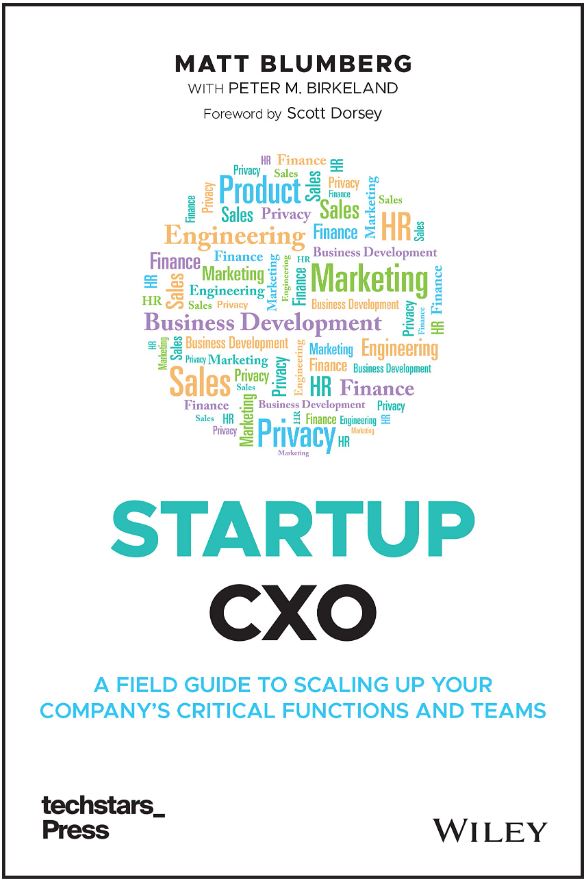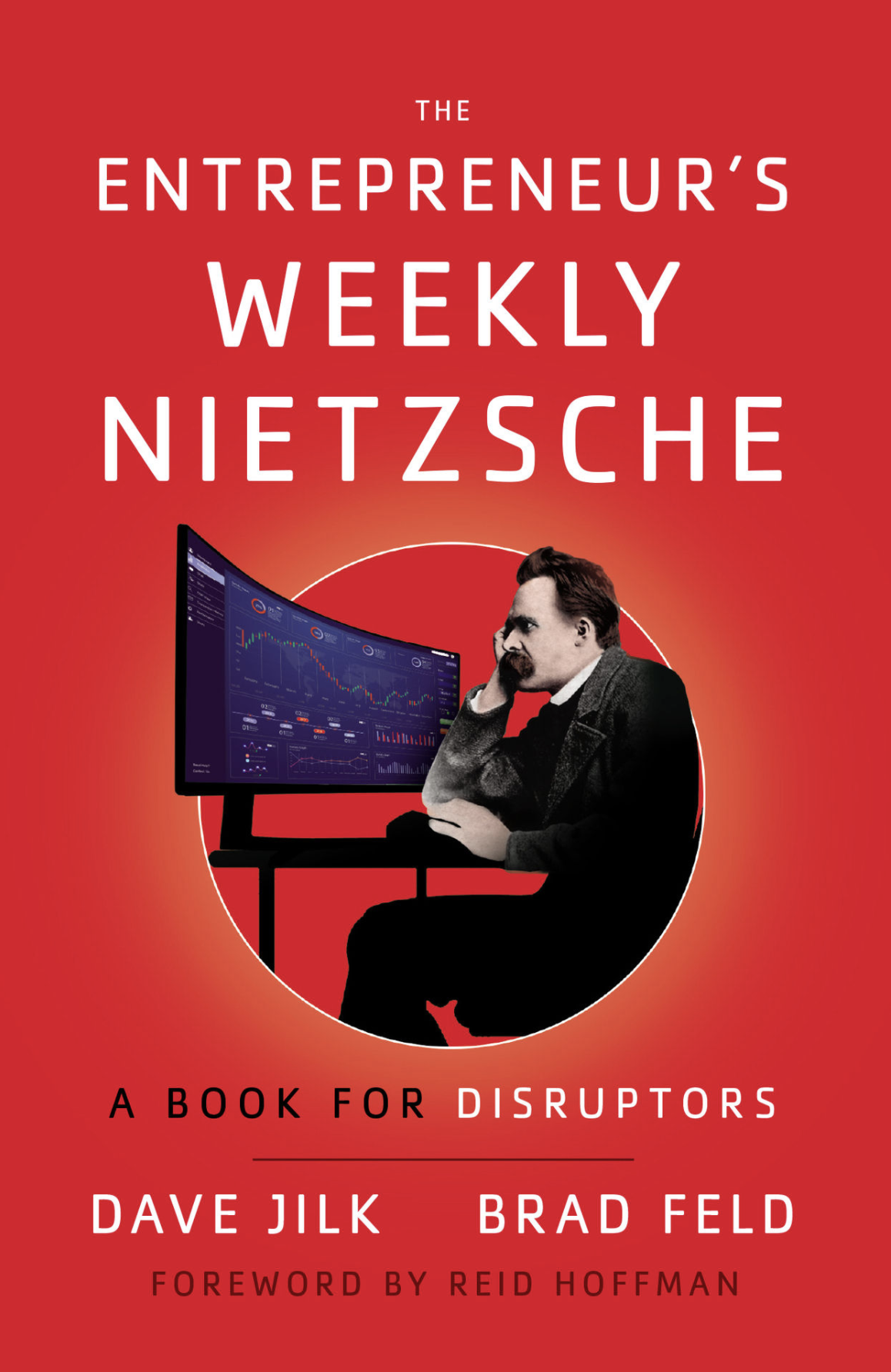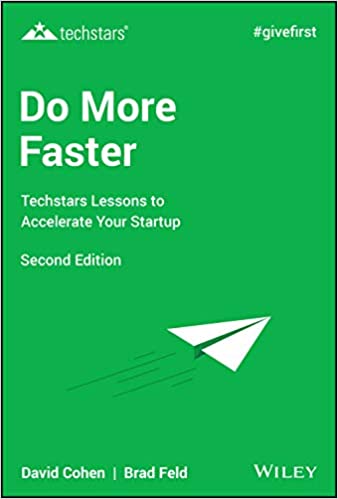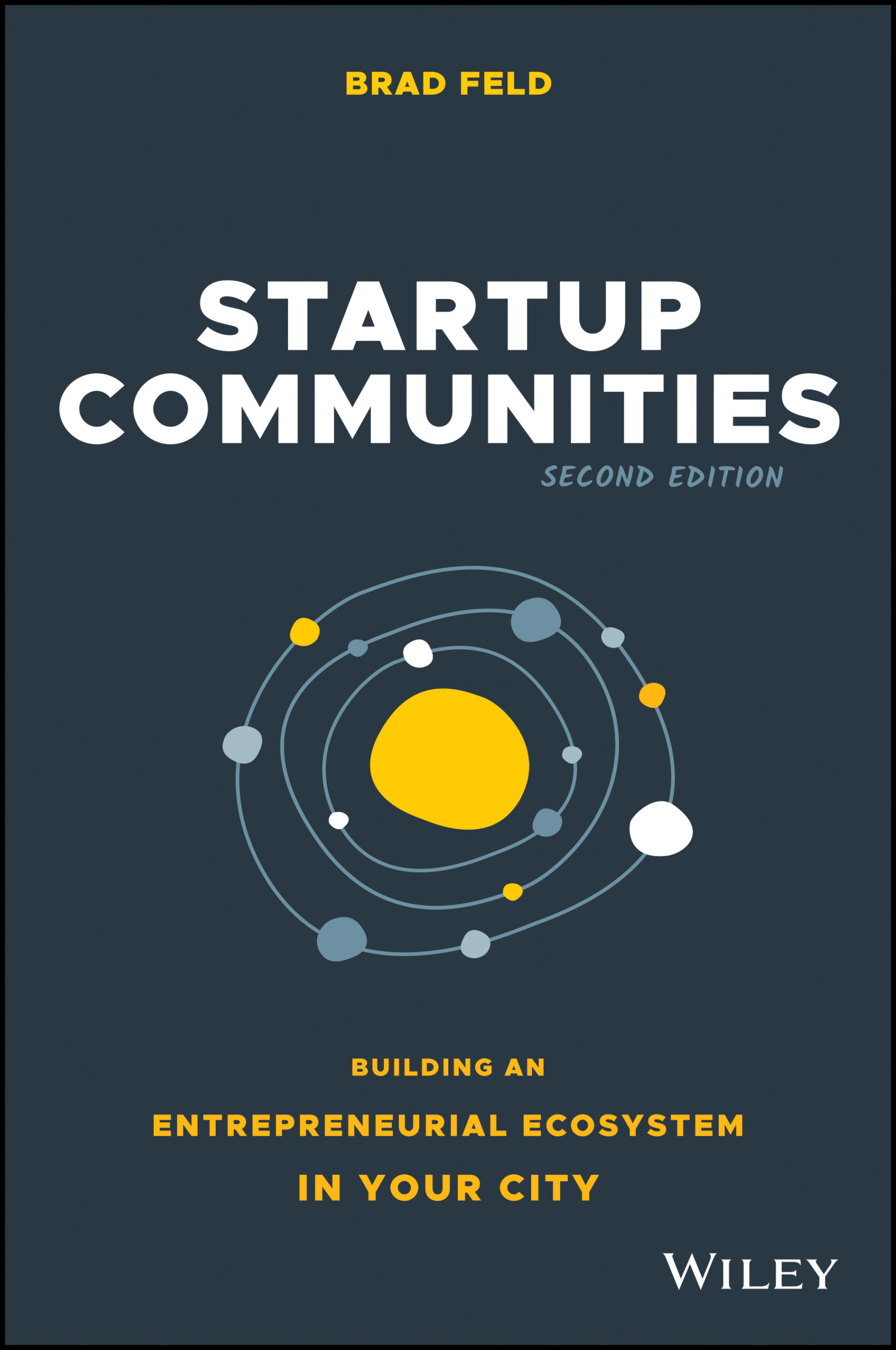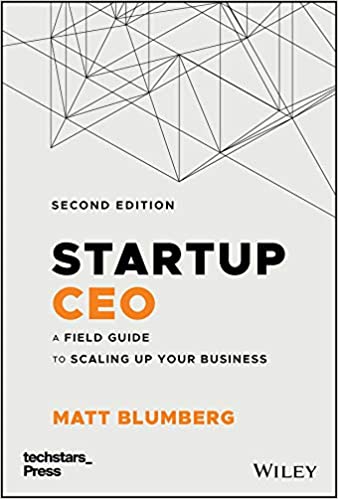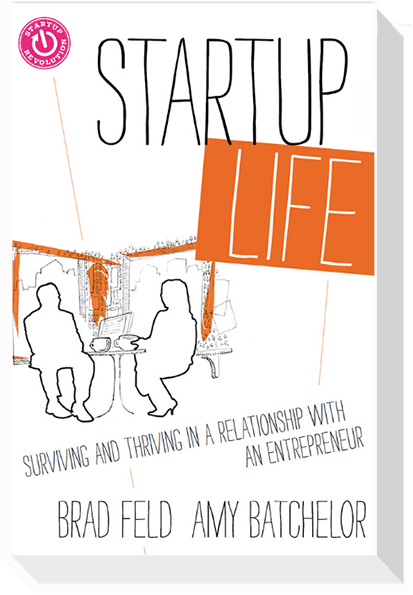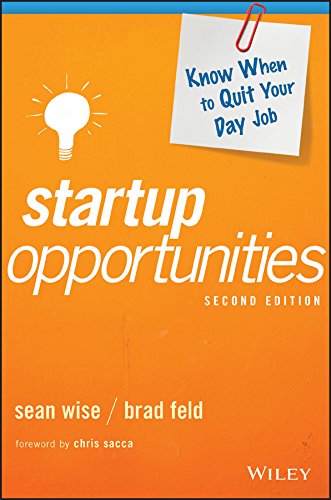Young Startup Communities: Beware of the “Excitement Bubble”
Guest Post By: Namek Zu’bi – Silicon Badia (Founder & Managing Director)
I am grateful and consider myself very lucky to be able to experience, on a daily basis, two very different startup communities, separated by thousands of miles and an entire ocean. Being born and raised in a small but proud country in the Middle East (Jordan) and after spending some time working in Fintech, venture, and with startups in New York for several years, I was inspired by the thriving tech community in the Arab Middle East and decided to start a hybrid accelerator and venture capital platform along with some great partners to try to bridge entrepreneurs across both ecosystems.
We put our money where our mouth is and in less than one year, Silicon Badia has invested into and/or accelerated 12 tech startups (9 announced, 3 TBA) in Jordan and the US with an expectation to grow this family to ~15 companies by year end. We will only continue to accelerate and strengthen this platform as we work to launch a new early stage fund in Jordan with veteran Jordanian VCs and strong international sponsors. But this post is not about us – it is about what I believe to be a real threat to the startup community in Jordan and similar communities around us in the Middle East.
When people talk about a “Bubble”, they are usually referring to an “Economic bubble” “Speculative bubble” or “price bubble” all of which roughly mean the same thing: when the prices of products, assets, securities etc. rise very rapidly above their “true value” with little fundamental reason for this and keep doing this until prices eventually and suddenly go into freefall (the “bubble bursts”). Although, many would argue that some of the tech communities here in the US are “frothy” or in a “bubble,” and I have personally seen a few signs of this, the type of bubble we are currently experiencing in Jordan is one of an “Excitement Bubble”. In other words, what happens to a startup ecosystem when the excitement that has helped drive it fizzles and fades away?
What categorizes a community that might be at risk of an excitement bubble? Here are a few factors that I have seen in Jordan:
- High & Sudden Growth: Although Jordan has always had a strong technology ecosystem, the “new-wave” startup scene really only exploded 3-4 years ago especially with the (a) introduction of early stage accelerators like Oasis 500 (featured by Thomas Friedman here) who have done a great job of promoting startuphood and entrepreneurship to the masses (even over the radio!), with (b) the very important but over-talked-about success story of the home-grown Maktoob which was acquired by Yahoo in 2009, and with (c) the continued support of the “godfather investors” of the industry like Accelerator Technology Holdings (and its early stage IV Holdings) and Fadi Ghandour’s group. Were we ready for such a high and sudden growth?
- Cultural Barriers: A community where necessary startup cultural traits that help ensure sustainability over the long-run do not come natural in society such as risk-taking or overcoming failure (society taboos of failure). Although we have managed to somewhat overcome the first step of “Why don’t you work with your father or at Bank X” mentality to some degree, I feel that the majority of society is only testing the startup community and waiting for a few more failures only to say “See I told you this won’t work… now go back to your father or Bank X and stop wasting time”
- Unrealistic Expectations: Do young and first-time entrepreneurs realize how hard the advertised “join accelerator => raise seed funding => raise more funding => sell for millions” cycle usually is? From recent conversations over the past two years, I fear that many don’t.
- Angel investors: Just as society is “testing” this newly formed startup community, angel investors who are extremely important to the viability of the ecosystem but who have traditionally made their fortune through real estate or industry (and rarely through their own tech startups or investing in them) are also testing the community without truly understanding the risks of angel investing and realizing the cold-hard fact that a high % of early stage ventures fail (i.e. you will most-likely loose your money!). Do they have a strong enough stomach to take the hit given what I fear will be a large wave of early-stage failures that we will see in the region over the next years?
- The “black hole” of early stage investing: I borrow this phrase from my friend and Chairman of Oasis 500 Dr. Usama Fayyad who says that we have a “black hole” in the early stage investing….he is 100% right. The amount of investment capital available to satisfy the demand for it in the seed stage and the early stage/Series A (arguably similar here in the US) is a black hole. It will be especially interesting to see how this unfolds in the next year as many of the tech “darlings” in the ecosystem go for their first real Series A raise. Nevertheless, we are hoping that with funds like ours, Sadara, Wamda, MEVP, Dash etc. and capital from abroad (as shown by the recent fundraising rounds of Souq and MarkaVIP) will fill this gap but this is happening slowly. The natural question many will ask here is “Wait…I thought you guys have tons of $ in the Middle East from oil??” True we do, but that is only concentrated among a few countries who would rather spend that money buying football teams in England or buying luxurious businesses than on building a sustainable SME industry that can help build the future of the region.
- Macro-politics: I leave this for last but this is something we simply can’t ignore. What happens when the same visionaries at power who had a large hand in creating an IT services economy are now pressured by other forces to turn their backs against some of core values of the internet ecosystem. Remember SOPA/PIPA? This Bloomberg article does a good job explaining this.
Despite all of these factors all hope is not lost (obviously otherwise I wouldn’t be doing this). We smell opportunity. It will require creativity, it will necessitate competition, it will rely on support from and the integration with other communities, and it will require the few entrepreneurs and investors that will succeed in these next years to continue to motivate the younger generations of entrepreneurs (and hopefully invest back with capital and their new gained knowledge/experience). We are hoping to create a sustainable ecosystem as we need it in our region.
Kind Regards,
Namek T. Zu’bi
http://www.siliconbadia.com/
www.linkedin.com/in/namekzubi
@namekz

